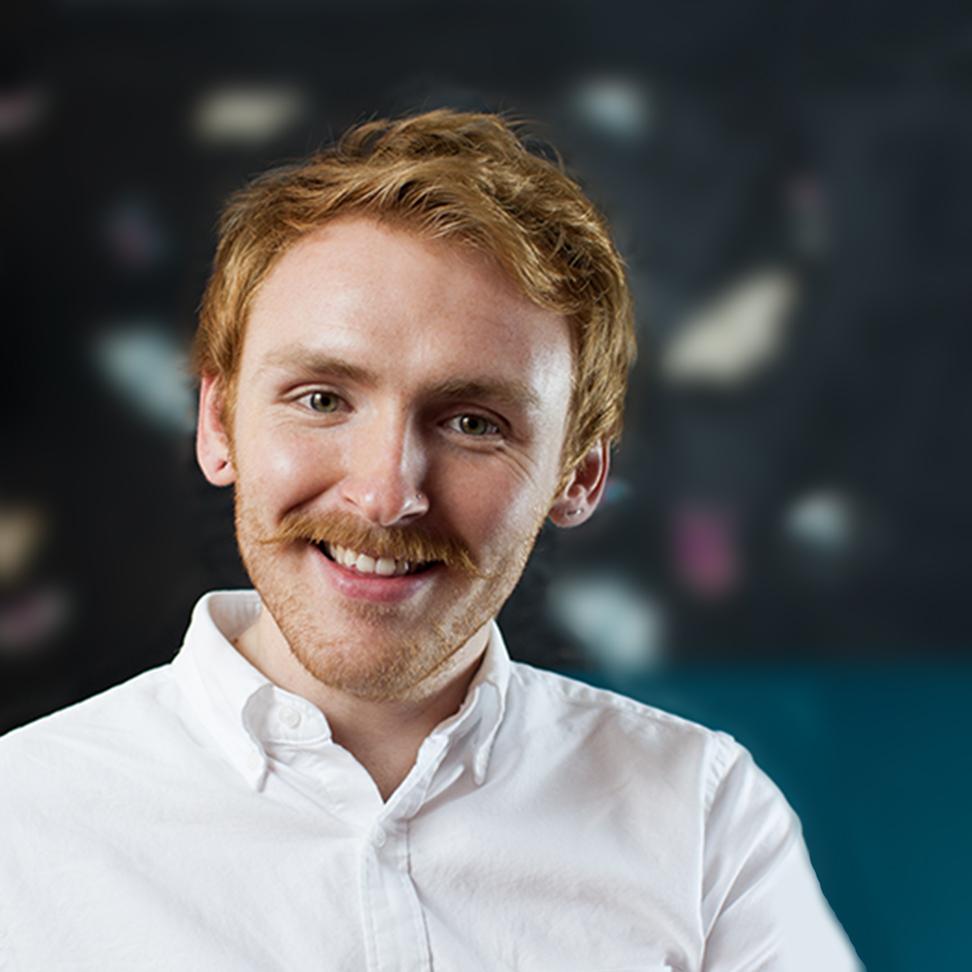The Babol based Iranian photographer Mohammad Reza Domiri Ganji is quickly becoming one of the most exciting artists in the Middle East. Combining panoramic and architectural photography, his images look at the transitional space between historic and contemporary Persian culture to devastatingly beautiful effect.
Here Mohammad Reza shares more about his work and interests in our top 10 travel questionnaire.
1. What is your personal favourite photo and why?
My favourite photo in my portfolio is the landscape shot of the Nasir al-mulk Mosque in Shiraz, Iran.
The Pink Mosque, Shiraz, Iran. © Mohammad Reza Domiri Ganji
Known informally as ‘The Pink Mosque’ and built around 1888, it’s a beautiful building. I hope that the photo illustrates the architects’ (Muhammad Hasan-e-Memar and Muhammad Reza Kashi Paz-e-Shirazi) choice of perfect symmetry, tiling, colours, unique lighting, different patterns, repetition, arches and rosy stained glass.
I am proud of the photo as it encapsulates all the many intricate details of traditional Persian architecture – the decadence, the colour, textures and the unmistakable history – all in one frame. I’m grateful that this photograph has been seen exhibited across the world, hopefully inspiring other photographers and artists to shine a light on their home and personal histories, as a way of understanding our place in the world and society.
2. If you could go anywhere in the world with your camera, where would you go and why?
It might sound like an obvious choice, but I really would like to visit the world’s most famous tourism attractions, especially the historical sites and monuments of Rome and Athens. These places are not just great photography subjects, but the people who visit them also fascinate me. There’s something so positive in the atmosphere of these places, and I’d like to try and capture this on camera.
3. What inspires you to pick up your camera and shoot?
I hope that my photography touches and inspires people to look at the world differently. I want to visit the world’s best architectural structures and, through my photography, present my own opinions and interpretations of them. Changing perspectives means everything to me.
The Eram Garden in Shiraz, Iran. © Mohammad Reza Domiri Ganji
4. What is the most difficult thing about being a photographer?
A lot of people discuss good photography as capturing a specific, unrepeatable moment, but the hardest thing about working in this fashion is patience and insistence – waiting until a good picture presents itself to you.
Another factor I often struggle with are those elements of a place that are out of your control – the weather, the people, the other unpredictabilities. To be a successful photographer you have to obtain an understanding of not just what is happening within the frame, but outside of it and act accordingly. Only then can you capture the ideal photograph.
5. What fantastic moment do you wish you had captured but missed?
It sounds like a cliché, but it was a sunset. I was on top of a mountain with nothing but the amazing colours of nature and quiet surrounding me, but I forgot to bring a camera with me that day. That’s probably another good photography tip – don’t leave home without your camera.
6. Your idea of travel happiness:
Somewhere inspiring with a friend who is equally inspiring. Setting realistic goals and breaking them. Above all, having fun!
7. Your idea of travel misery:
The opposite of the above – there’s nothing worse than a bad energy, so travelling with the right person is essential.
8. If you could pick anyone in the world, alive or dead, as your travel buddy, who would it be and why?
I would choose Albert Einstein. Outside of photography, another of my passions is physics, which I also study. I think having the undisputed genius with me on my travels would encourage some very meaningful physics and philosophical discussions, which would also expand my imagination and influence my photography.
Inside the Shah Abbasi (Imam) Mosque, Isfahan, Iran. © Mohammad Reza Domiri Ganji
9. What advice would you give to aspiring travel writers/photographers?
Every travel destination, building and place is unique. When I take photos, I try focus on these intricacies and make them come to life within the photos. I at least attempt to turn something motionless into something animated.
I think all writers and photographers can and should do the same. Focus on the difference and the distinguished points of a place or subject and present them to your audience. Make them jealous for not being present at the time the photo was taken, and further desperate to visit in the future.
10. What is your travel philosophy/motto?
To travel is to learn and experience – a different people, a different culture, a different world. Travelling offers you an amazing opportunity to have new experiences and learn some useful things that will be with you and helps you in your life.


